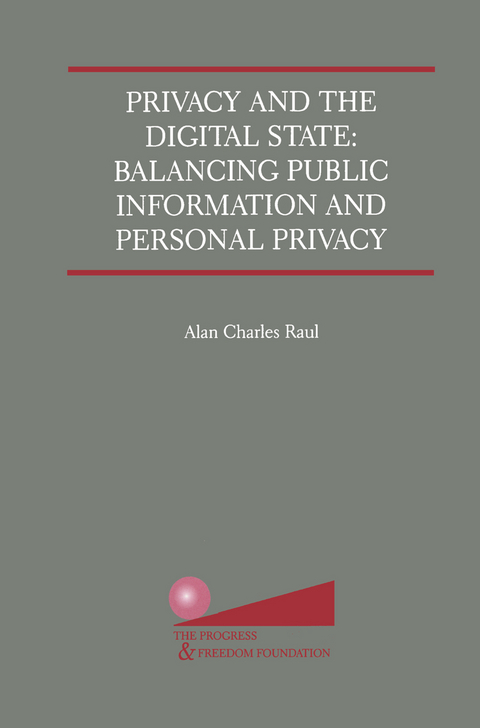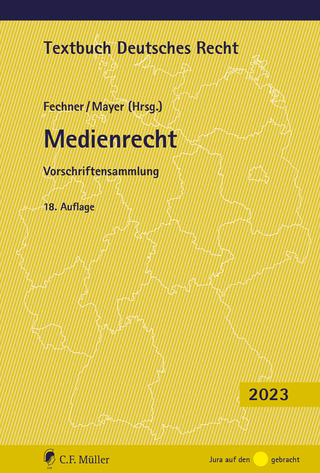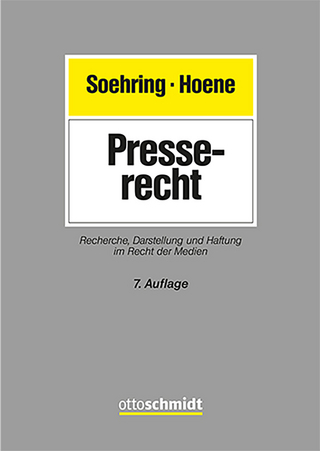
Privacy and the Digital State
Balancing Public Information and Personal Privacy
Seiten
2012
|
Softcover reprint of the original 1st ed. 2002
Springer-Verlag New York Inc.
978-1-4613-5289-1 (ISBN)
Springer-Verlag New York Inc.
978-1-4613-5289-1 (ISBN)
Alan Charles Raul The devastating and reprehensible acts of terrorism committed against the 11, 2001 have greatly affected our lives, our United States on September livelihoods, and perhaps our way of living. The system of government embodied in our Constitution and Bill of Rights was designed to inhibit excessively efficient government. By imposing checks and balances against over-reaching governmental power, the Founders intended to promote the rule of laws, not men - and to protect the prerogatives of citizens over and above their rulers. No faction was to become so powerful that the rights and interests of any other groups or individuals could be easily trampled. Specifically, the Framers of our constitutional structure prohibited the government from suppressing speech, inhibiting the right of free association, of people, conducting unreasonable preventing (peaceful) assemblies searches and seizures, or acting without observing the dictates of due process and fair play. After September 11, there is a risk that the philosophical protections of the Constitution could appear more than a trifle "academic. " Indeed, our tradional notions of "fair play" will be sorely tested in the context of our compelling requirements for effective self-defense against brutal, evil killers who hate the very idea of America. Now that we witness the grave physical dangers that confront our families, friends, neighbors, and businesses, our commitment to limited government and robust individual liberties will of our inevitably - and understandably - be challenged.
An Overview of Privacy and the Digital State.- 1 Introduction to Privacy Issues.- 2 The Federal Foundation for U.S. Privacy Policy.- 3 Public Records Privacy.- 4 Public Records and Electronic Government.- 5 “Best Practices,” Findings and Recommendations.- 6 Conclusion: A Model Action Plan and Principles for Public Information and Privacy.- Appendix A Privacy Practices of Selected States.- Appendix B Washington State Executive Order 00–03 Public Records Privacy Protection.- Appendix C International Privacy Initiatives.- Appendix D Organizations Working on Electronic Government.- Selected Resource Materials and Links.- About the Author.
| Zusatzinfo | X, 148 p. |
|---|---|
| Verlagsort | New York, NY |
| Sprache | englisch |
| Maße | 155 x 235 mm |
| Themenwelt | Mathematik / Informatik ► Informatik |
| Recht / Steuern ► EU / Internationales Recht | |
| Recht / Steuern ► Privatrecht / Bürgerliches Recht ► Medienrecht | |
| Sozialwissenschaften ► Politik / Verwaltung ► Politische Theorie | |
| Wirtschaft ► Betriebswirtschaft / Management | |
| Wirtschaft ► Volkswirtschaftslehre ► Makroökonomie | |
| Wirtschaft ► Volkswirtschaftslehre ► Mikroökonomie | |
| ISBN-10 | 1-4613-5289-4 / 1461352894 |
| ISBN-13 | 978-1-4613-5289-1 / 9781461352891 |
| Zustand | Neuware |
| Haben Sie eine Frage zum Produkt? |
Mehr entdecken
aus dem Bereich
aus dem Bereich
Recherche, Darstellung und Haftung im Recht der Medien
Buch | Hardcover (2024)
Verlag Dr. Otto Schmidt KG
129,00 €
Lehrbuch des gesamten Medienrechts unter besonderer Berücksichtigung …
Buch | Softcover (2023)
UTB (Verlag)
22,00 €


